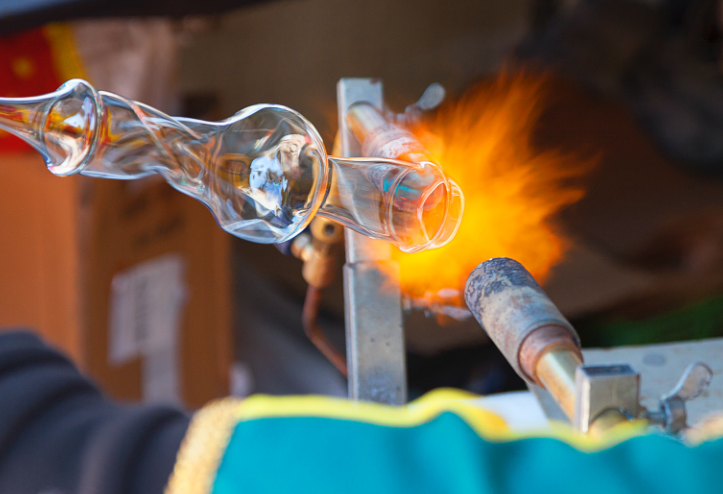Let’s get to know a little about the concept of melting point!

The melting point is called the degree of temperature in which matter in the solid state melts, that is, it passes into the liquid state, this occurs at a constant temperature and is an intensive property of matter, which means that it does not depend on its mass or its size. The melting point is the temperature at which a solid transforms into a liquid and during this transition the solid and liquid coexist.
Pure substances have higher melting points and with a lower degree of variation than impure substances (mixtures), the more mixed the matter is, the lower its melting point will be (which, in addition, will have a greater variation). Therefore, the mixtures have a lower melting point than their pure components; on the other hand, mixtures of solids have what is known as the eutectic point, that is, the minimum temperature at which this type of mixture melts. The more mixed the matter is, in general, its melting point will be lower, until reaching the eutectic point, taking this into account, the relationship between these properties can be used to determine the degree of purity of some materials.



The melting point is also less affected by pressure than the boiling point, and is usually equal to the freezing point of matter (at which liquids become solids) for most substances.
In some cases the melting point will have negative values: this means that from that temperature a frozen substance will return to its initial liquid phase. Fusion, therefore, is a phase change process (solid to liquid) that operates from the introduction of heat energy to the system or substance, causing the atoms to move with greater speed, increasing the collisions between them, breaking the rigid structure and, therefore, flowing.

It is a very common process in the metallurgical industry, for example, where minerals and metals are melted to give them a specific shape before allowing them to recover their solidity by cooling and losing the heat supplied.
Si eres más de los que con la práctica aclara dudas, haz conmigo el siguiente experimento!





Responses